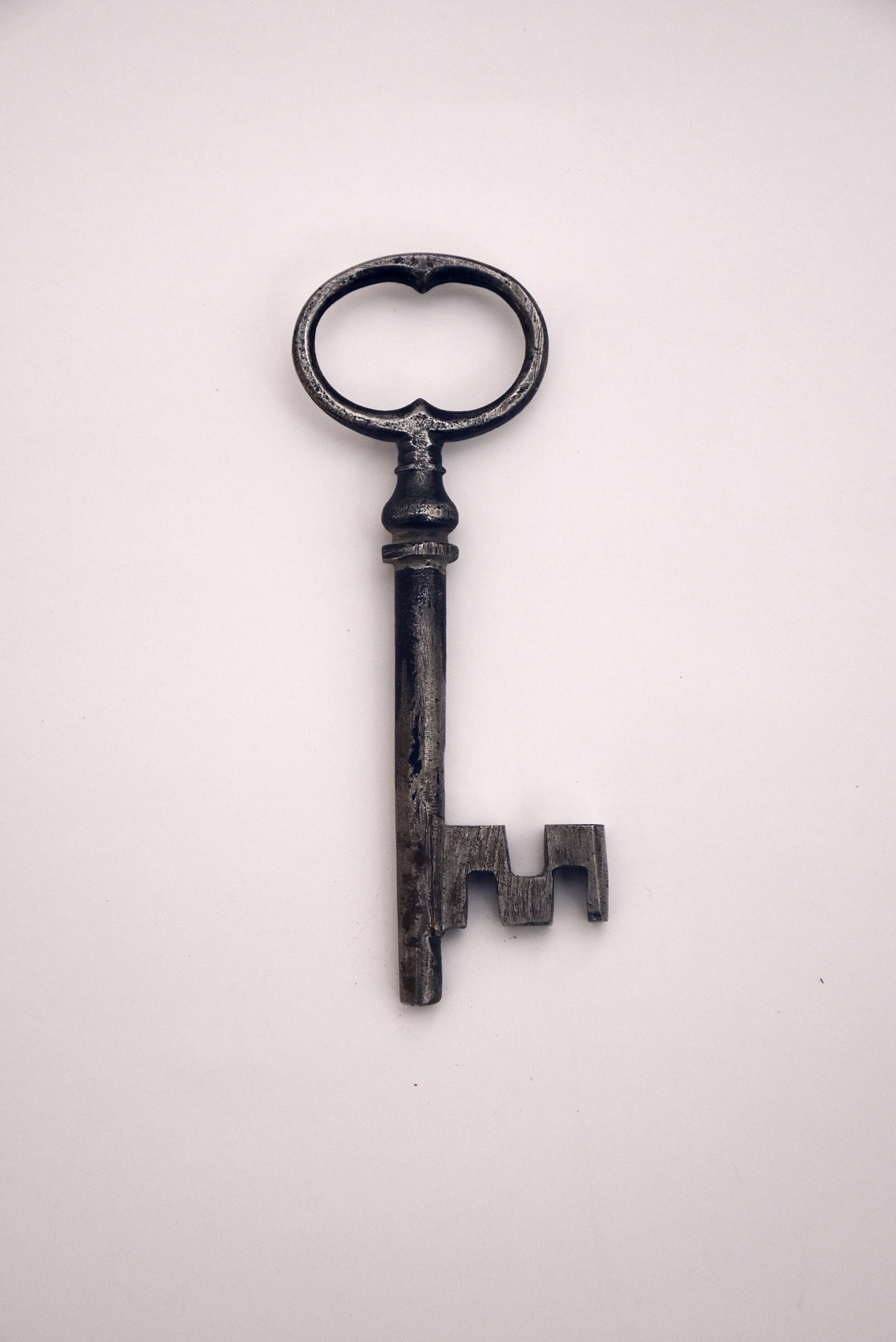Couples almost always run into ineffective apologies. A lot of people make the mistake of thinking that the words spoken in an apology are the most important part. Well-intentioned partners can rush to apologize and instead trigger their partner and fuel a fight. The most important part of an apology is not what is said. The most important part of an apology is the listening that happens before the apology.
Listen twice, speak once.
Have you heard that old adage: measure twice, cut once? That statement prioritizes the “invisible but essential task” and de-emphasizes the visible and irreversible step. Similarly, listening twice and speaking once emphasizes thoughtful understanding of the hurt party and places at the very end verbalizing the apology. Here are some things to pay attention to when “listening twice.”
Things to avoid:
1. You’re not listening in order to poke holes in their argument.
2. You’re not listening to somehow use it to fix the situation.
3. You’re not looking to convince them to “get past it.”
4. You’re not apologizing so that you don’t have to hear them whine anymore.
5. You’re not giving off body language that feels like you’re not taking your spouse seriously.
Things to listening for:
1. How your partner or spouse is hurting
2. How those hurts are a direct cause of your actions
If you are avoiding the top list and focusing on the bottom list, it can make a huge difference in the way your apology lands.
Why Apologies Matter.
Injuries happen all the time, including in successful marriages. One major difference between successful and unsuccessful marriages is the ability for the couple to repair their relationship. John Gottman famously studied “failed” and “successful” couples and found that the ones who were successful had a 5:1 ratio of relationship repairs to injuries. The ones that were still together 5 years later had a ratio of 5:1 or higher.
In my experience as a couples therapist, couples simply don’t do well “just getting over it.” Some couples have tremendous determination, and so continue to “stuff” their feelings for decades, but pay for it in a pattern of resentment that takes a very long time to resolve.
Why Listening Is Key.
The key to apologies is specificity and earnestness. You have to apologize for the right thing in order for it to count. Let’s make an exaggeration and say you started apologizing for the sinking of the Lusitania after you didn’t call your wife telling her you’d be late for dinner. That wouldn’t make much sense, would it? Your spouse is likely to not register your apology if all you do is immediately apologize or try to minimize the situation by explaining it away or pointing out inaccuracies.
Listening counts because it's the only way you can really understand the hurts that you’re apologizing for. As you’re actively listening to your partner, you’re giving them the feeling of being felt - a very human experience that tells your spouse that they’re with someone safe. Then as you reflect what you heard, you’re cementing the notion that you understand their pain. After that experience, an earnest apology lets your spouse know that you heard what they said, and are apologizing for very specific hurts that you caused.
If you’re finding yourself “messing up” apologies and generating arguments instead of putting them to rest, you might need a third party to help. I recommend a marriage counselor who uses Emotionally Focused Therapy for couples. I find that EFT helps couples navigate the underlying emotional distress that hijacks their relationship.
If you’re curious about more of my thoughts on marriage counseling, check out my marriage counseling page or my marriage counseling blog. If you’re in the western Twin Cities area, I can help. Just call me at 612-230-7171, email me through my contact page, or click on the button below to schedule a free 15 minute consultation.
Stay safe.


